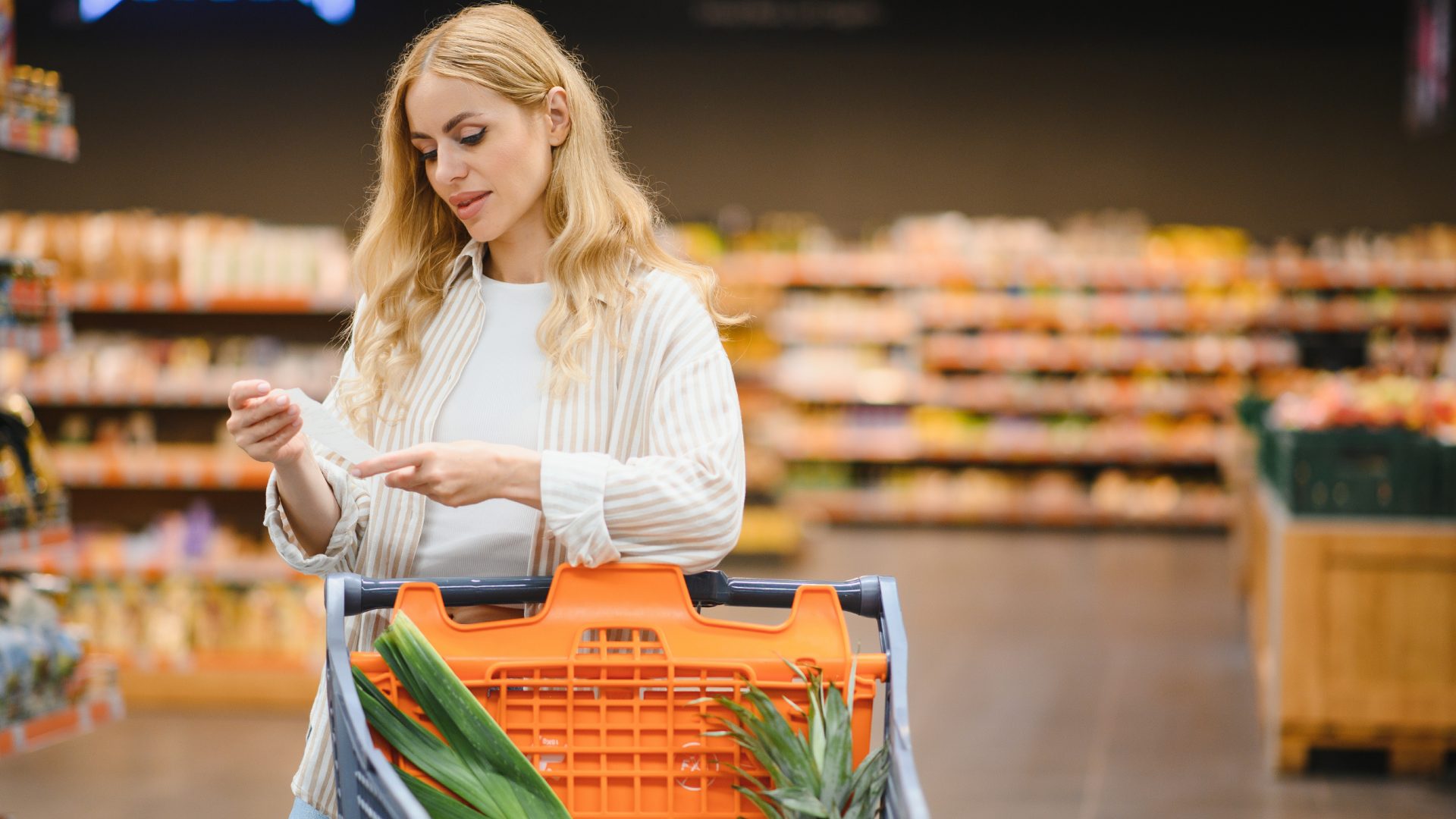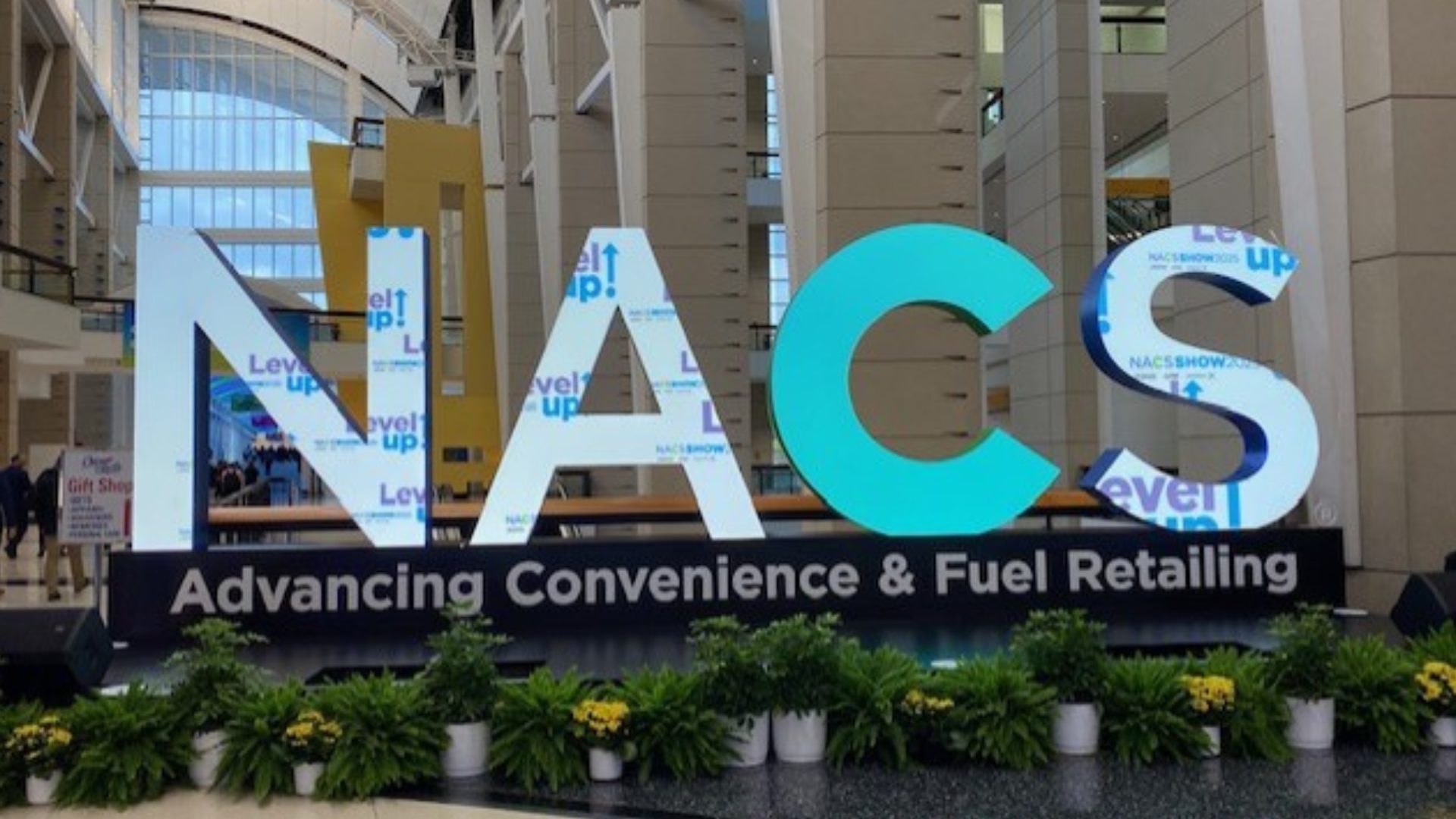LA JOLLA, Calif. – The Digital Food and Beverage conference, which wrapped up Tuesday, highlighted innovation taking place within the F&B category, in addition to evolving marketing technologies.
The gathering left no doubt as to why it’s a must-attend event for industry-leading brands.
Esteemed brands – including the likes of The Coca-Cola Company, Tyson Foods, Mondeléz International, General Mills, Pepsi, Nestlé, and more – graced the two-day event with insightful keynotes that captivated the crowd in suburban San Diego.
The exhibitors’ floor was abuzz with brands, platforms, tools, and media partners showcasing the cutting-edge marketing technologies driving F&B industry innovation. MikMak, Ibotta, Walmart Connect, Roku, Google Cloud, Instacart, and many others demonstrated the powerful solutions propelling the industry forward.
Event topics covered the impact of AI at every point in the path to purchase, the imperative of embracing multichannel approaches, and leveraging first-party data and predictions to stay ahead in an ever-evolving industry with shifting consumer behaviors.
The future of research will be driven by technology, creating holistic, connected brand experiences while remaining human and solution-oriented, according to event speakers Jay Picconatto, Head of Global eCommerce at General Mills, and Paul Lima, Managing Partner at Lima Consulting. Driving human understanding through first-party data is paramount for executing successful personalization efforts and effectively connecting with consumers.
Simply put, culture and technology have become the most powerful combined force driving the evolution of the F&B industry.
Leveraging technology to influence F&B culture and understanding culture to select and adopt the right technology is paramount in capturing consumer attention and engagement.
In Southern California, speakers like Anna Rabaut Schroeder, Senior VP of Client Partnerships at Ibotta, emphasized that differentiating between actual beneficial advancements and peripheral noise is crucial amidst emerging technologies.
Retail media has been a significant disruptor, leveraging data-driven effectiveness to reach consumers in a shopping mindset—a topic touched upon by event speakers like Abhishek Ahluwalia, Global eCommerce Director – Commercial Strategy and Growth at Mondeléz.
Among all the trends discussed and showcased on the exhibition floor, two areas stand out as the most transformative technological drivers of industry evolution: first-party data and AI.
First-party data, often harvested through consumer interactions such as online purchases and loyalty programs, presents a goldmine of information. Through “clean rooms,” retailers can share this data with brands in a privacy-compliant manner. Brands then leverage this data to attain an unparalleled understanding of consumers’ inclinations. This information is the cornerstone in crafting highly tailored experiences, thus establishing a personal connection with the consumer.
AI technology takes it a step further by employing sophisticated algorithms to analyze these colossal data sets in real-time. For instance, if a consumer frequently purchases organic products, AI can immediately recognize this preference. This insight can then be used by brands and retailers to offer targeted promotions or suggest new organic products, incentivizing further engagement and sales.
Moreover, AI’s capability to dynamically segment consumers allows for micro-targeted marketing campaigns. It’s no longer just about reaching the health-conscious or the budget shopper; it’s about connecting with the “gluten-sensitive, environmentally-conscious parent.” By being this precise, marketing messages resonate with a level of relevancy that was inconceivable in the past.
Generative AI is a game-changer in content generation. By understanding individual preferences, it can create personalized recipes or meal plans for consumers. For instance, a mother seeking healthy lunchbox options could receive recipes that not only meet nutritional guidelines but also cater to her child’s tastes. This deepens the engagement between brand and consumer.
In-store, AI can be used for dynamic pricing and real-time promotions. Imagine walking into a store and receiving a notification on your mobile device for a discount on your favorite beverage, just as you were planning to buy it. This kind of contextual relevance is made possible through the intelligent processing of first-party data via AI.
In summary, first-party data provides the foundational knowledge, while AI acts as the architect that constructs highly tailored and responsive strategies. Together, they are driving the Food and Beverage industry towards a future where marketing is not just a function, but an experience meticulously tailored to the individual.
In this new age, personalization is the currency, and data is the mint where it’s forged.
Editor’s note: Ivonne Kinser serves as the innovation advisor at The Food Institute. Kinser previously served as the head of marketing and innovation for Avocados From Mexico for nearly a decade and in 2023 founded Vantage Creative, a marketing innovation lab.












